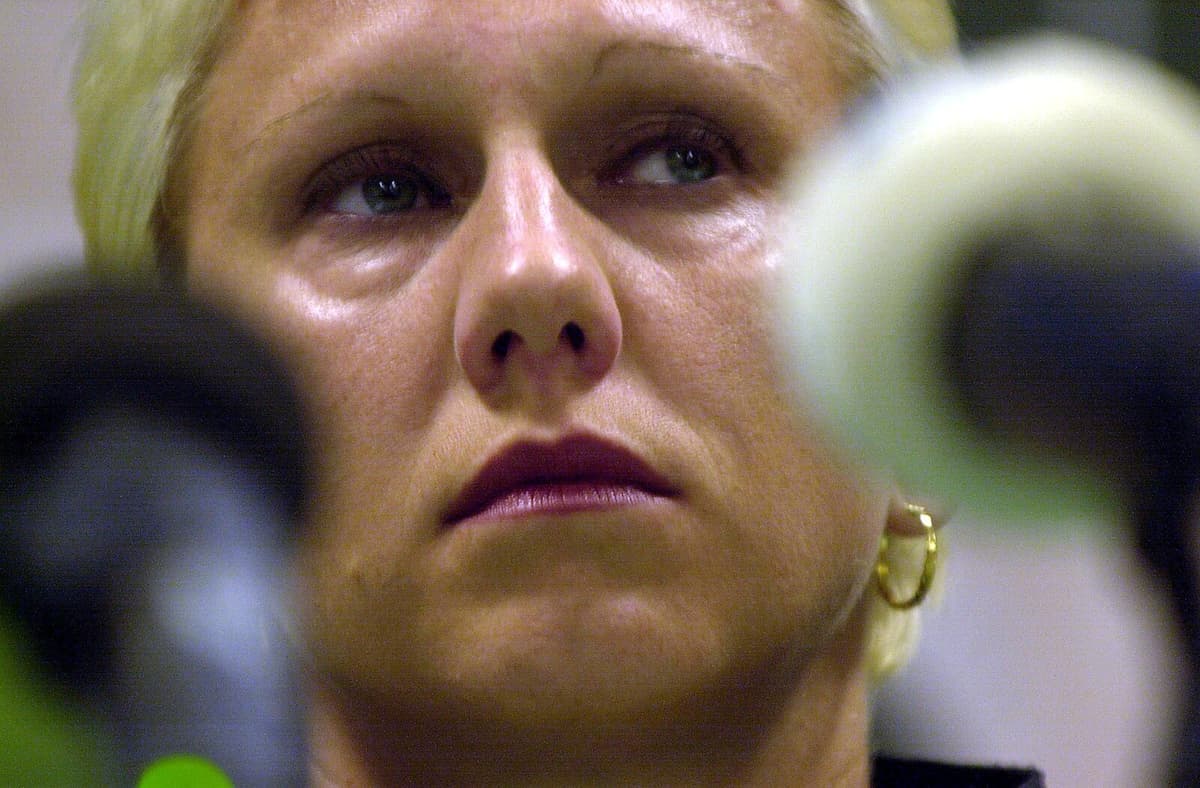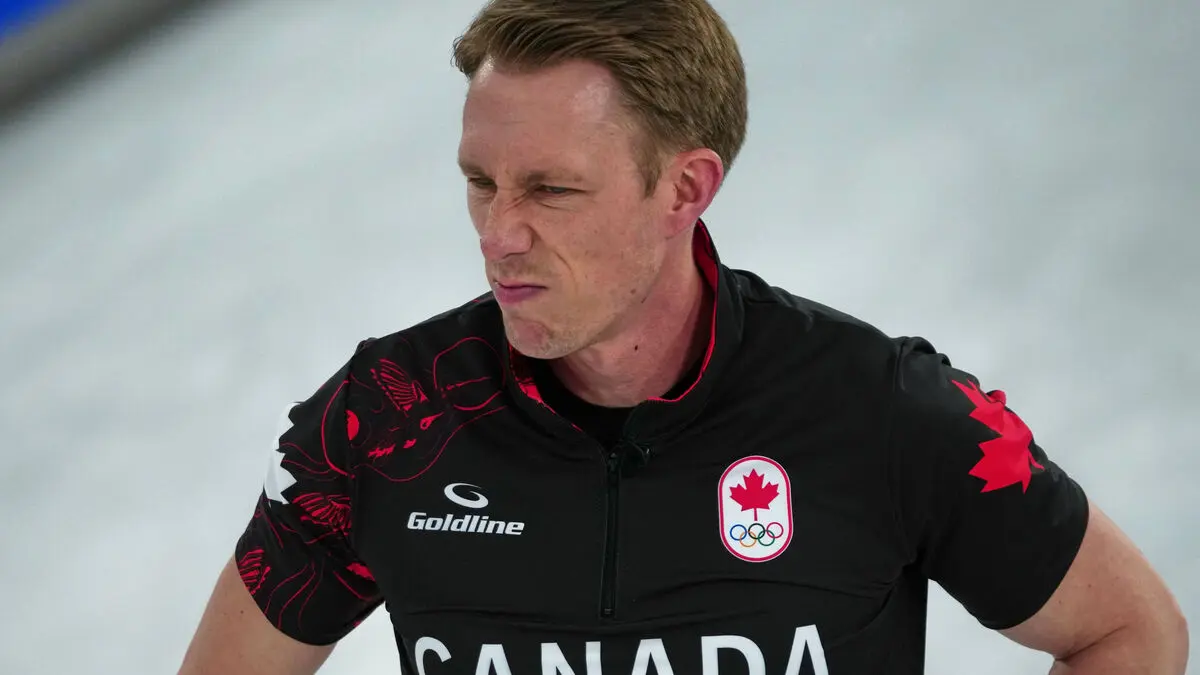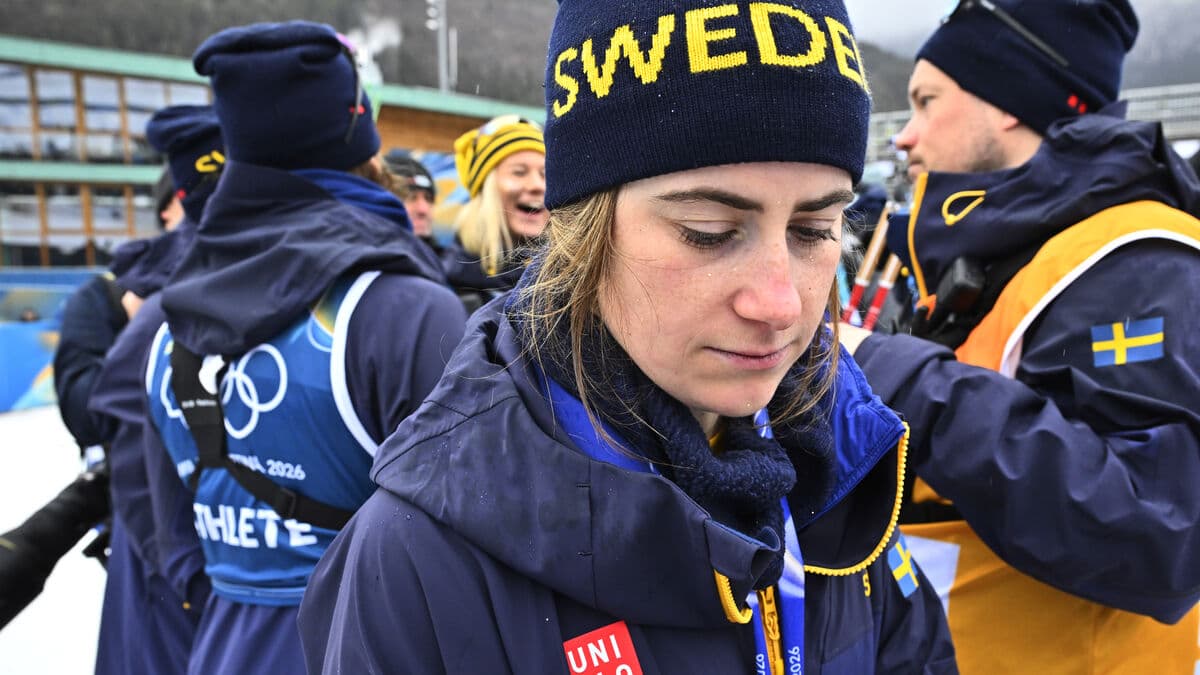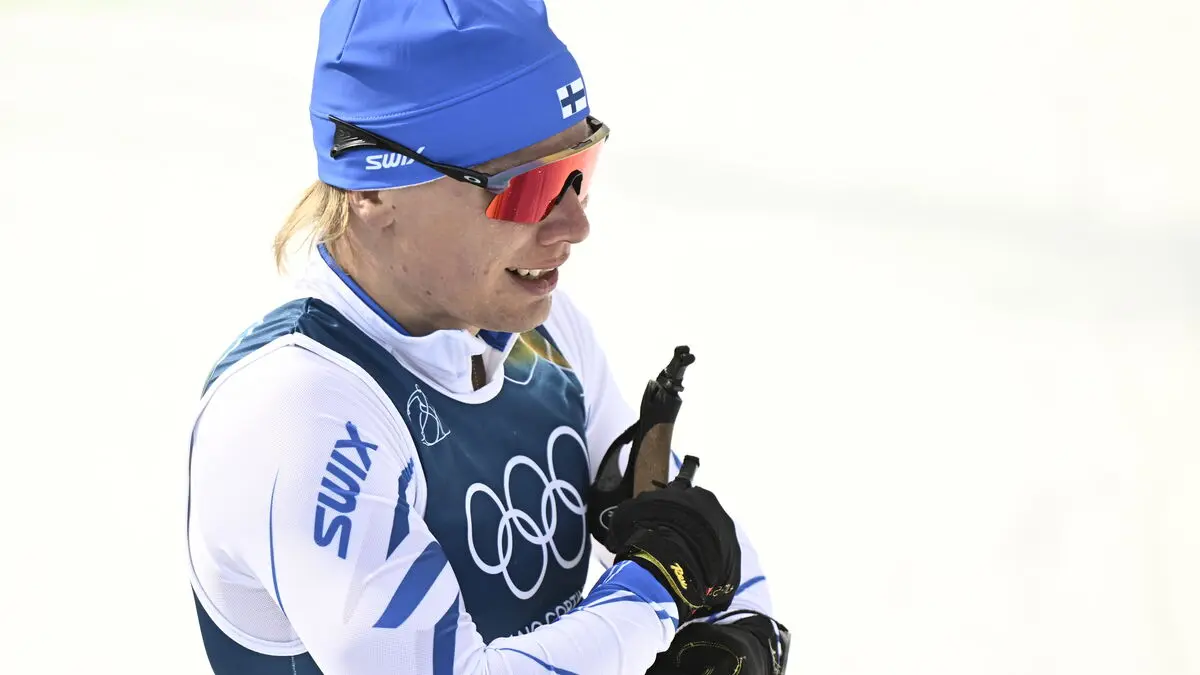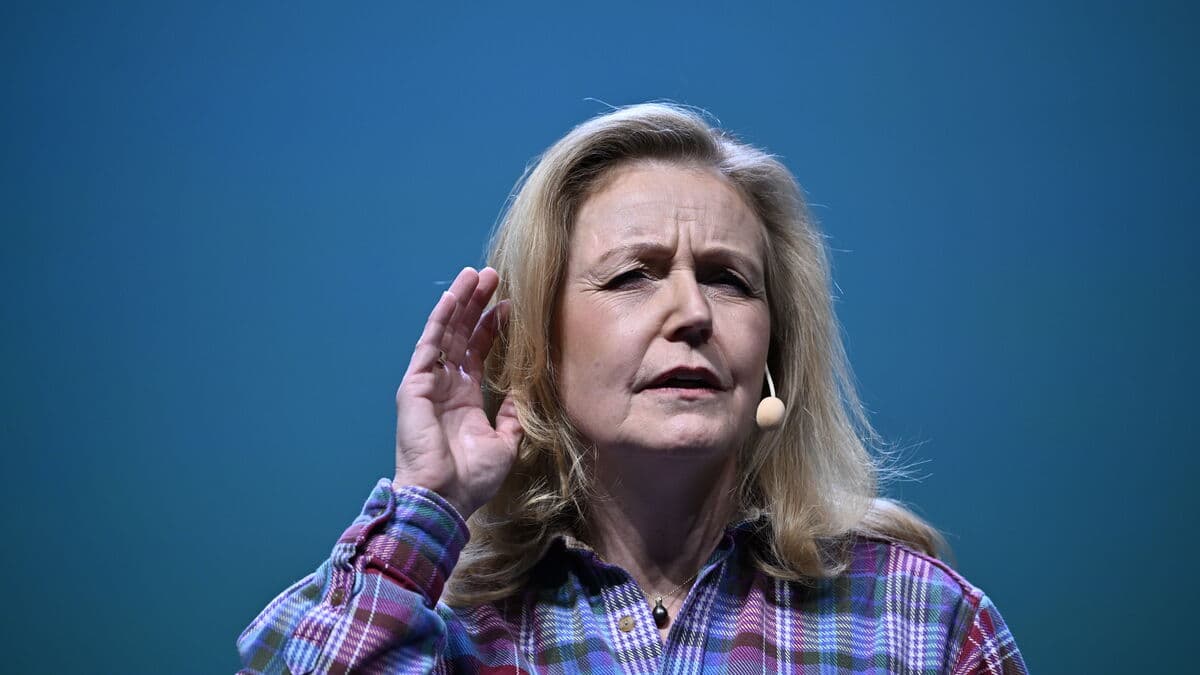I don't know how long I'll live. This could be my last chance to tell my story. It would feel wrong to die and disappear without having explained myself, she says in an interview with DN.
In the book "Ludmila, you can't get more Swedish than this", which is about the hurdles star's life, Ludmila Engquist tells about both her tough upbringing in the Soviet Union and her constant struggle against physical and mental illness during and after her successful athletic career.
She received the Bragdguldet in 1997 and the Jerringpriset in 1996 and 1999 for her achievements. After winning two World Championship and one Olympic gold, she decided to change tracks. Her body had taken a beating from cancer treatments and her coordination was no longer the same. Therefore, she chose to try her hand at bobsleigh. The goal was set on an Olympic medal in Salt Lake City 2002.
"Nightmare"
The attempt came to an abrupt end in 2001 during a doping control in Lillehammer, Norway. Ludmila Engquist had tested positive for anabolic steroids. In her new book, she explains for the first time what really happened – that she had deliberately doped to get caught.
"I hated bobsleigh. It was a complete nightmare. Constant discomfort; before, during, and after training – day and night", she says in the book.
Ludmila Engquist saw this as her only way out to avoid continuing with bobsleigh.
"There was nothing to hide, I wanted to get caught. Get an end to the madness. Get rid of the fear. No one could have stopped me, not even myself. Now the doping police would take me."
Became depressive
After getting caught, she ended her career and disappeared from the spotlight. She moved to Spain and fell into a depressive state. There, she tried to take her life by overdosing on painkillers, but was rescued by her then-husband after he jumped through a window to reach her. She was then treated with stomach pumping at the hospital.
In the book, Ludmila Engquist also tells about how she was sexually exploited – both as a child and later as an adult in the Soviet athletics team.
A high-ranking team leader exploited her and other female athletes sexually.
I haven't told anyone, never. It wasn't unusual, I think 50 percent of the girls were exploited, she says to Radiosporten.
The book is released on September 13 and is written together with Johar Bendjelloul and Henrik Johnsson.
Born: April 21, 1964, in the former Soviet Union.
Lives: Casta Blanca, Spain.
Family: children Natalya Engquist and Elias Engquist.
Event: 100 m hurdles.
Main merits: Olympic gold in Atlanta 1996, World Championship gold in Athens 1997 (as Swedish). World Championship gold in Tokyo 1991 (as Russian).
Awards in selection: Jerringpriset 1996 and 1999, Bragdguldet 1997.

